Voices of Race, a portrait series by Kathleen Dreier, is dedicated to amplifying the voices of our BIPOC communities and being a call of action for all people particularly white communities to be social change agents. Each participant is encouraged to share whatever they like regarding diversity, inclusion, racism, culture, privilege, etc. No one is censored. My intention and wish is that the viewer reflect upon the words of the person in the portrait and is inspired to engage in their own courageous conversations with their friends and family. It is time we each take the time to reflect on our individual and collective histories, heal from the damage done, and create the foundation for equity and compassion for every human being.
Note: Over the course of 2020 and 2021, my three photo series (Covid-19 and Tucson Front Line Workers, Tucson Black Voices and What White People Think) evolved into the current series Voices of Race. In time, I will have a dedicated Voices of Race page on my web site. In the meantime, I am sharing some of the posts here in my blog. You can view more on my Voices of Race Facebook page.
Ann Yellott, Culture of Peace Alliance, Annual Youth Peace Conference
Introduction/Summary: In preparing to write this statement for Voices of Race, I’ve been asking myself when did I first become aware, really aware, of the reality of racial injustice and oppression that has plagued this nation since its inception? It started when I was a young girl…8 or 9 years old. If I had been born in this lifetime as a person of color (well, a person of darker color), I undoubtedly would have experienced this ugly realization even sooner. And very possibly in much more personally harmful or even traumatic ways. As a white person with all the privileges that come with that designation, my realization about racial injustice came about not so much through lived experience as through conceptualization and trying to make sense of this world.
In writing this statement, I keep remembering additional steps along the way of what has really been a life-long journey…perhaps more a pilgrimage toward eventually affirming and achieving real racial justice and equity for our country and our world. You are most welcome to read this longer story… and I can totally understand if you only have time and energy to read just this summary statement.
My Story of A Pilgrimage Toward Collectively Affirming & Achieving Racial Justice and Equity:
As stated above, I started taking the blinders off when I was young…around 8 or 9 years old. As I was growing up, I became increasingly aware of how incredibly dehumanizing, disrespectful, debilitating, and destructive were the actions of my European ancestors – the white colonizers who came to this country and “settled” it – took it over forcefully from the indigenous peoples who originally lived here…a whole group/tribe of human beings who had a vastly different philosophy of life and perspective on what I believe to be the right relationship between human beings/people and other life forms/nature. A respectful and reciprocal relationship vs. a domineering/power over, disrespectful and destructive relationship that all too often seems to have characterized the belief system of all too many of my white ancestors.
Growing up, I felt a strong connection with indigenous cultures/Native American tribes. I remember as a little girl going to meet my father in New York City for a visit. My parents divorced when I was two years old, and I grew up living with my mother and visiting my father. I would take the bus from Verona, NJ into the Port Authority Bus Terminal in NYC. When my father would meet my bus, the first request I would make was to stop in a store in the terminal that was filled with things representing Native American tribes and cultures. I was fascinated by and felt deeply connected to what I saw there.
Eventually, I learned more truths about the atrocities committed by my white/European American ancestors against Native Americans – the children taken from their families and sent to Indian boarding schools where they were punished if they spoke their own language or tried to practice their traditions – and where now mass graves are being uncovered filled with bodies of young children. About broken treaties, forced marches, and intentional infliction of deadly diseases in an effort to wipe out whole tribes. About missing and murdered indigenous women and girls, which continues still at epidemic levels today!
During the 50’s, I also read about and became aware of the atrocities committed by Nazi’s against Jewish people, including what went on in concentration camps. As a young girl, this was traumatizing, to realize the horrible things that human beings were and are capable of doing to one another. I guess this might have been the beginning of my commitment, my drive to do something to make a difference and change this world.
In college during the 60’s, when the Civil Rights Movement was so active, I wasn’t yet ready to get involved. My real awakening as an activist was in the 70’s here in Tucson, when I was part of a lesbian feminist movement happening across the country. I, along with lots of my friends, were coming out as lesbians, along with identifying as feminists and trying to practice a more egalitarian, non-hierarchical way of life.
Tied into this lifestyle, was a commitment to doing away with all the “isms” – sexism, racism, classism, ableism. Before the word “intersectionality” was ever introduced, we were engaged in intersectional analyses of everything! We were questioning, challenging who we were, our relationships with one another, our values and beliefs, and how we wanted to collectively structure our work environments (e.g., the Tucson Center for Women & Children; Rape Crisis Center; Women’s Company, Young Women’s Company).
Next came my involvement with the National Conference on Peacemaking and Conflict Resolution (NCPCR). I was one of four co-chairs for the 1999 NCPCR held in Phoenix, AZ. The four of us were an intentionally multi-cultural team charged with planning the 1999 NCPCR in a way that honored and highlighted different traditions of peacemaking. The conference was five days long. Each day focused on a different culture, staring with Indigenous/Native American; African/African American; Hispanic/Latinx; Asian American; and White/European American.
My work with NCPCR led eventually to my involvement with a group of people in Tucson who co-created the Culture of Peace Alliance (COPA) in 2005. And through NCPCR and COPA, I also met and started working with Civil Rights pioneer, Dr. Bernard LaFayette, Jr., who was a keynote speaker at the 2004 NCPCR in Atlanta. My working relationship with Dr. LaFayette led to the formation in 2008 and launching in 2009 of the Nonviolence Legacy Program, as a way to follow through on Dr. LaFayette’s call to action – i.e., to pass the legacy of Nonviolence to the youth of today.
Working as Coordinator for the Nonviolence Legacy Program from 2009 through 2014 meant studying Kingian Nonviolence and learning about the history of the Civil Rights Movement. Through studying and endeavoring to practice Nonviolence, I became more aware of the history and impact and ongoing practices of slavery as part of the core foundation of this country. Of the exploitation and enslavement of a whole race of people and all that went with slavery – beatings, lynchings, burning and destroying property and hopes and dreams to keep control of people and benefit from their forced labor. This is obviously an on-going lesson, as more truths are constantly being revealed about systemic racism in our nation.
I often wonder what originally led white people/light-skinned people/my people to believe that they were/are somehow superior to darker skinned people. It is such a ridiculous and ignorant notion. It always seemed to me to come from a core sense of inadequacy by my white ancestors. Why else would a group of people need to think they were better than, superior to other groups of people, all based on skin color?
White supremacy has been a dominant belief system since the formation of this nation; and white supremacists are now trying to reassert this belief system once again/still as a dominant force in this nation. I believe that this re-assertion of white supremacy here in the US and in many other nations around the world, especially nations with a history of colonization, is happening because so many more people of all color are speaking out about our belief in and commitment to having a deeply respectful and egalitarian relationship between people of different ethnic and cultural traditions and working together to build a “Beloved Community” and solve the huge issues challenging our world today.
This is indeed a cataclysmic time in our nation and around our world. A time of reckoning about so many areas of disparity and inequality and harm that have marked the relationships of human beings with one another and with this planet on which we all live. No wonder that we see an increased focus on sustainability in order to be sure that we don’t extinguish ourselves and this planet. White supremacy is not a sustainable belief system.
I think often what a difference it would have made if my ancestors and others who came from England and Scotland and Wales and other parts of Europe had arrived in these lands with a firm belief that the indigenous people living on this land were completely equal and deserving of respect. Just think if we had wanted to learn from and with these indigenous peoples, instead of trying to dominate and exploit them. We might be so much farther along in understanding and dealing with and possibly even preventing the climate crises that now threaten to destroy our planet. Plus, we would undoubtedly be further along in solving other problems confronting our human species.
So where am I today on this lifelong journey or pilgrimage toward racial justice? As Program Co-Coordinator for Tucson Youth and Peace and its Annual Youth and Peace Conference, it looks like 2021 will be a year of dedicated attention to racial justice and equity. The 2021 Youth Leadership Team is in the process of selecting the theme and title for this year’s conference. The Youth Team, made up of high school age-youth, are committed to addressing systemic racism and decolonizing education. Whatever title the Youth Team collectively select for the 2021 conference, it is clear this year is going to be filled with interesting and probably challenging opportunities to address racism, along with white supremacy and fragility, explore concepts of colonization, and build partnerships with other organizations committed to achieving racial equity and justice.


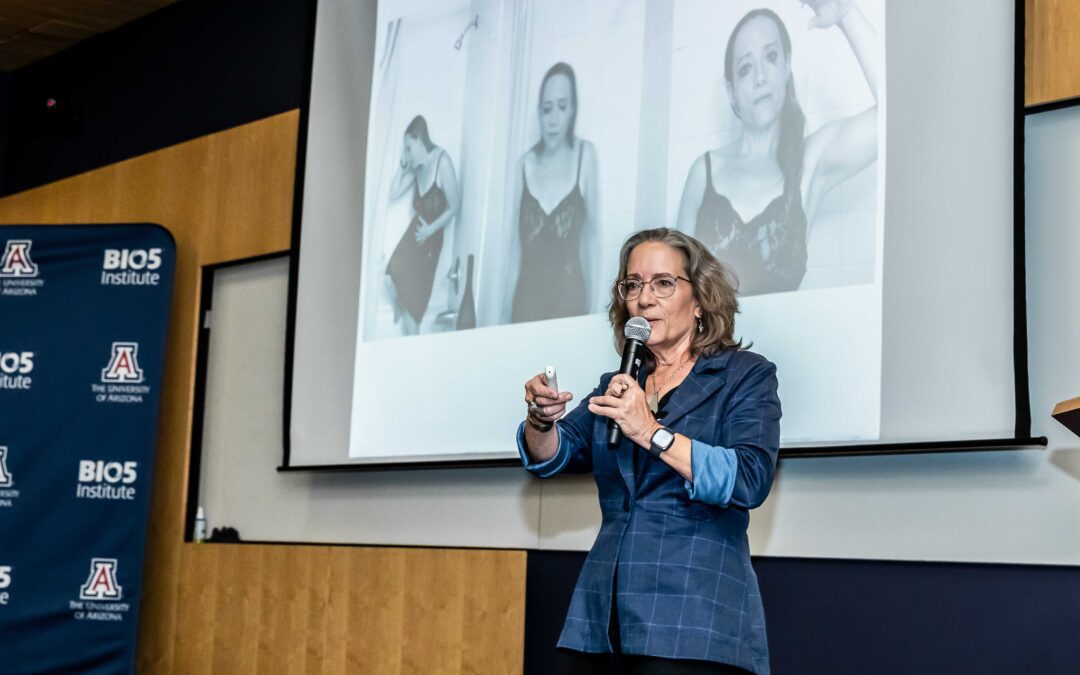
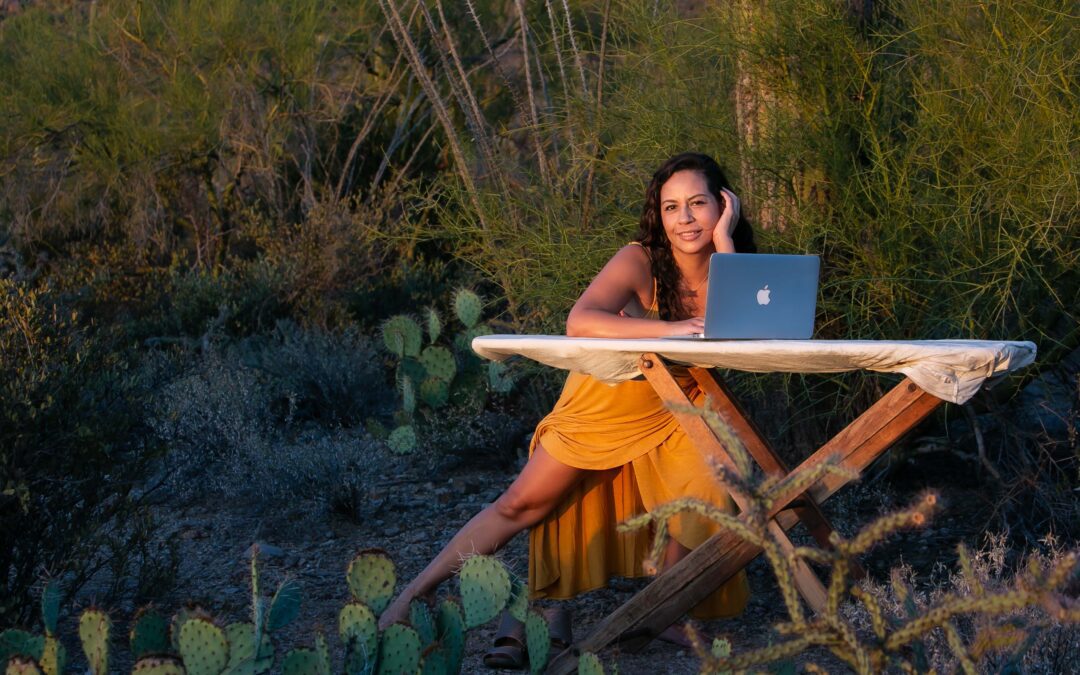
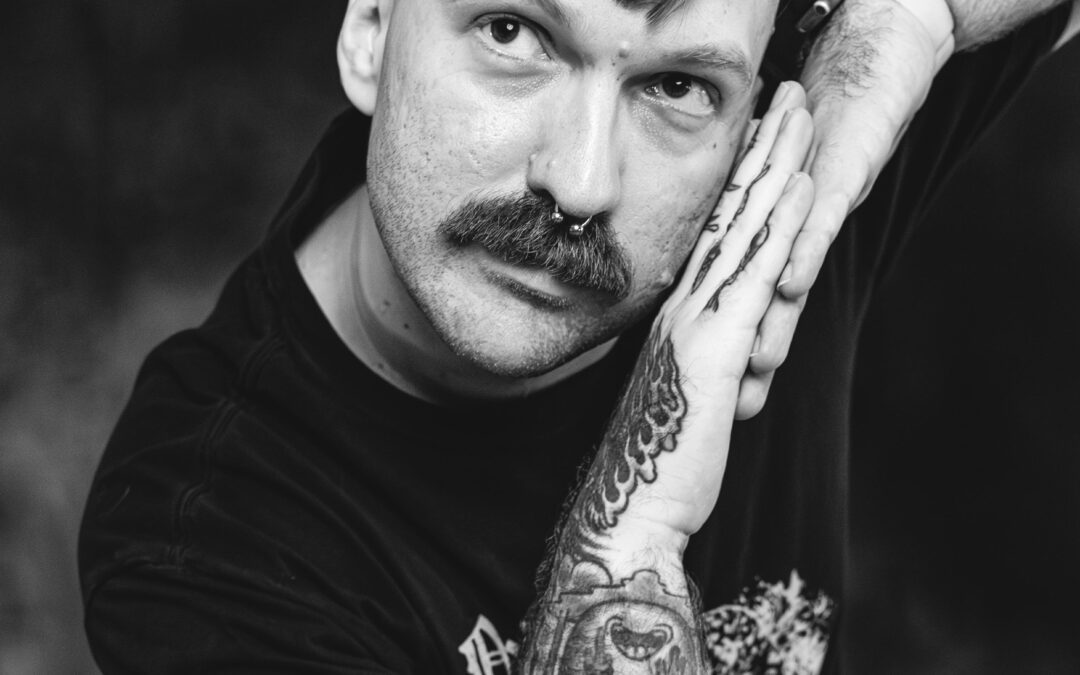
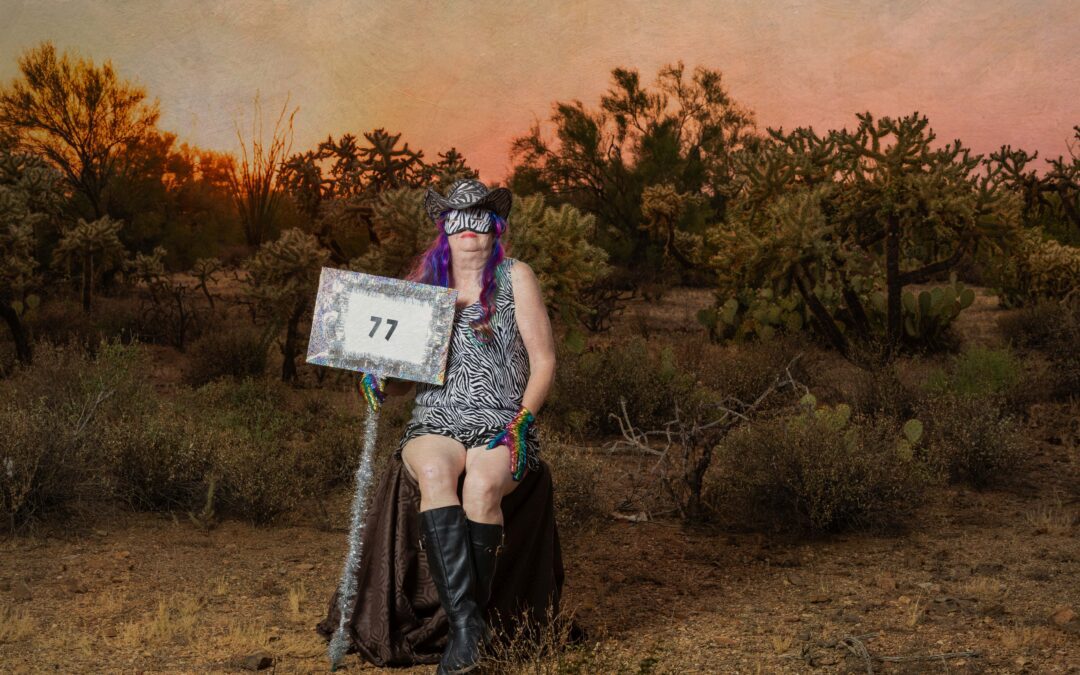
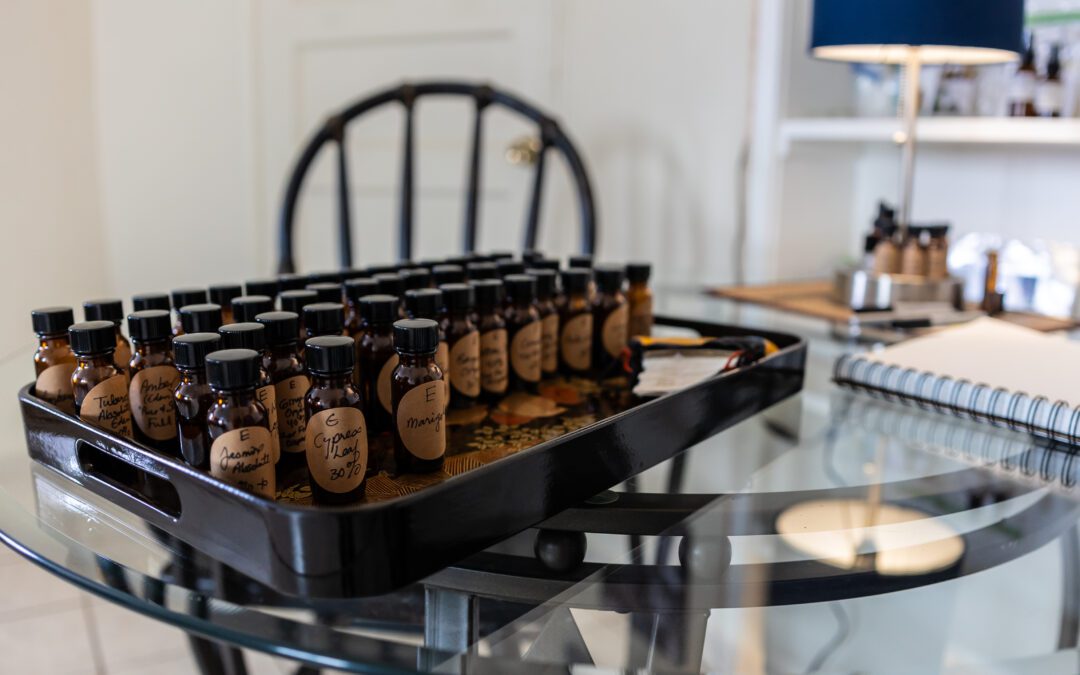
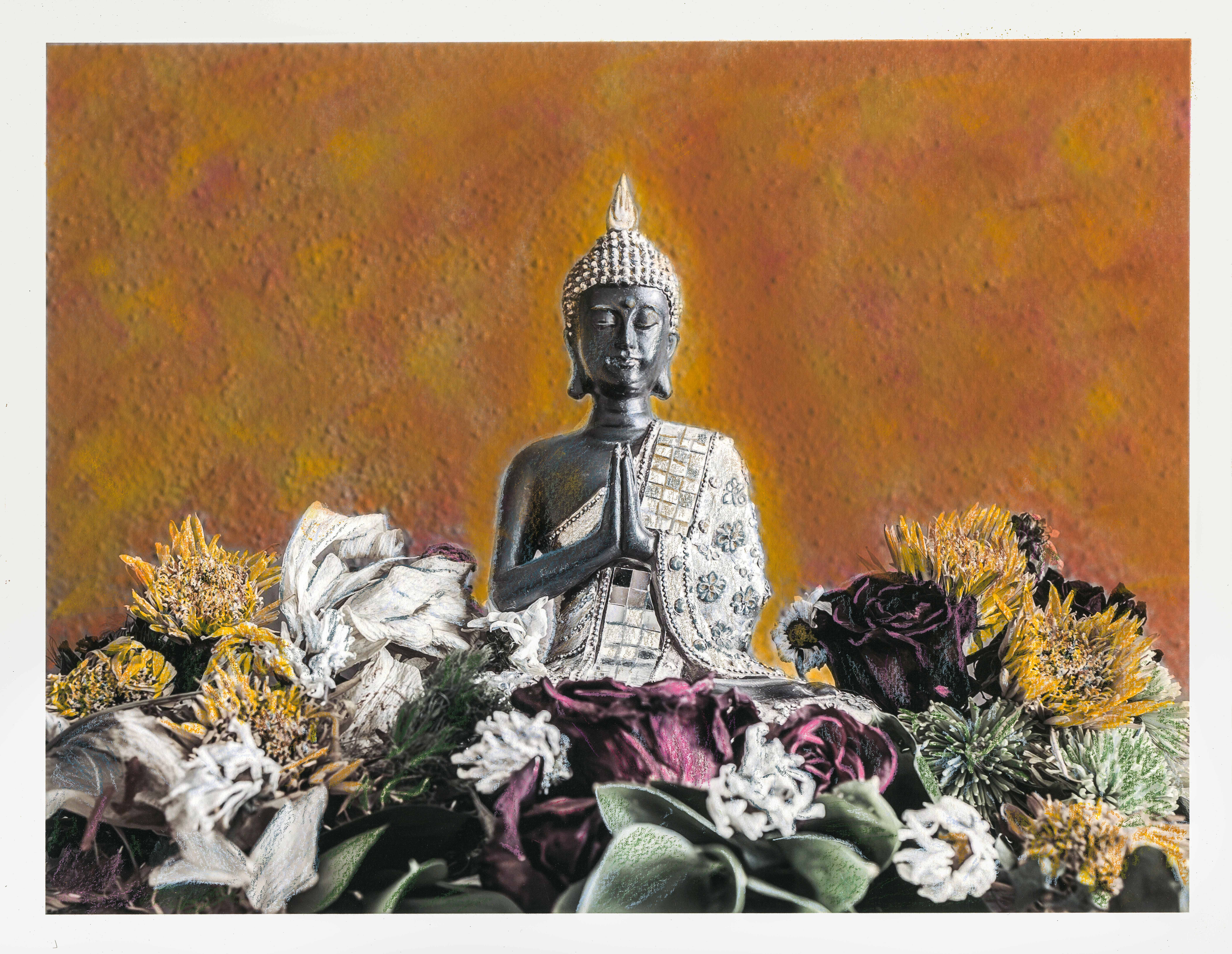

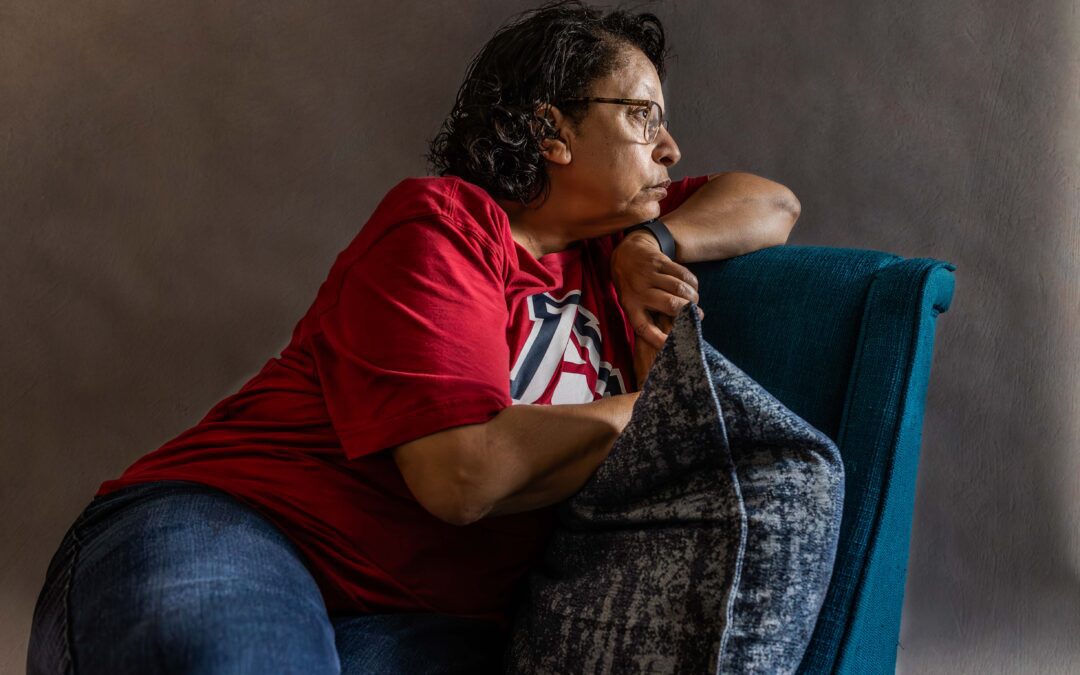
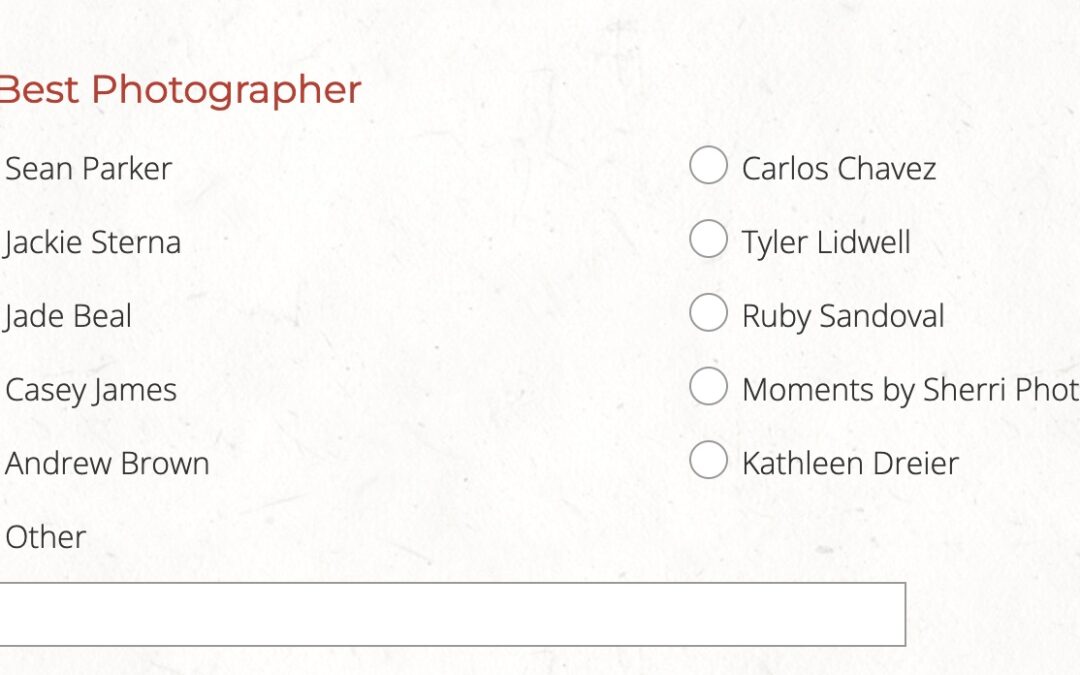
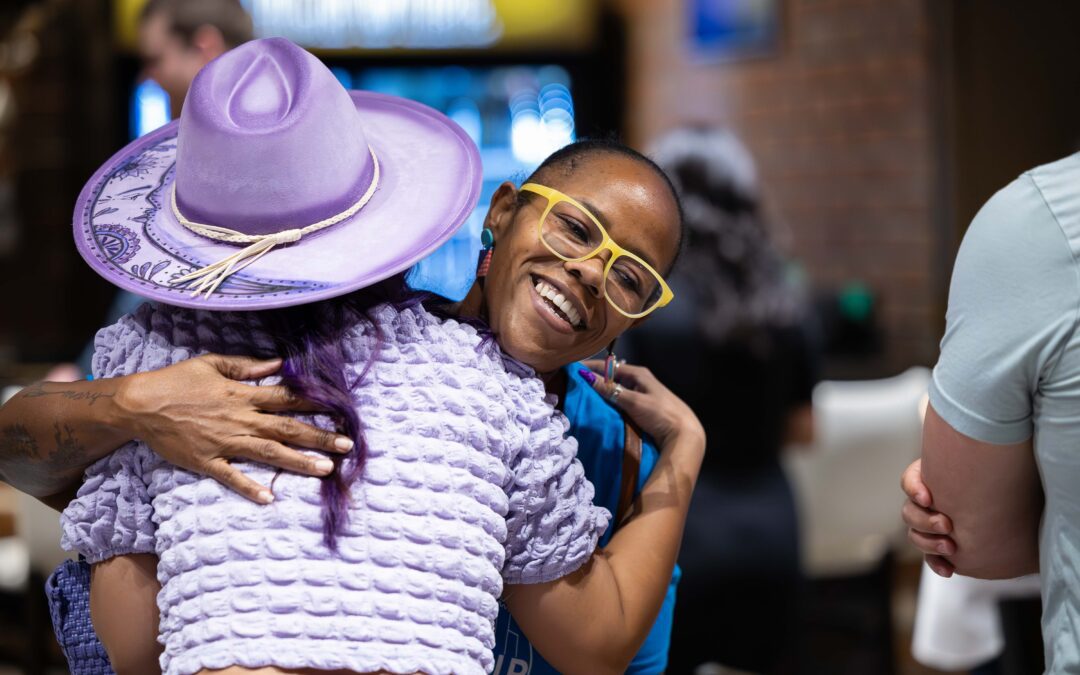
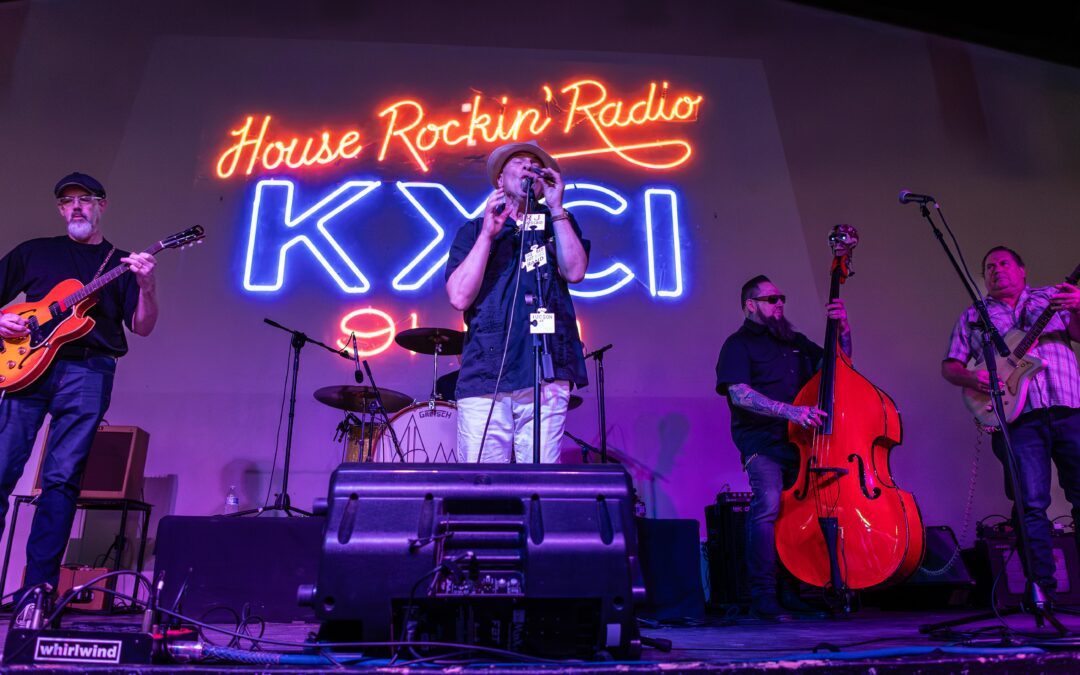
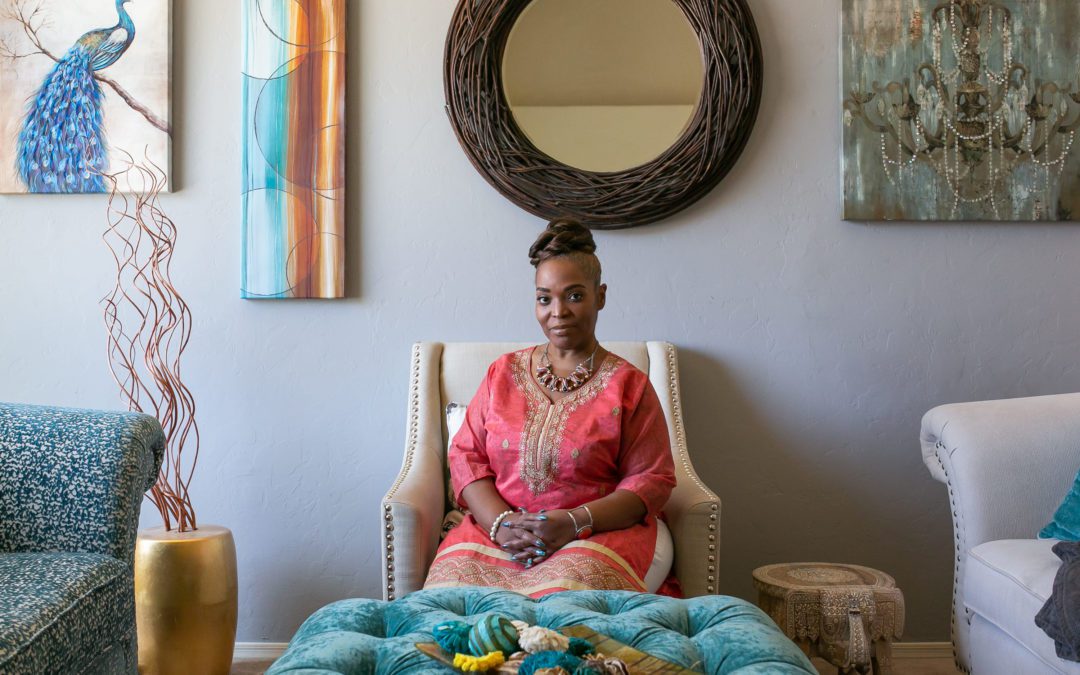
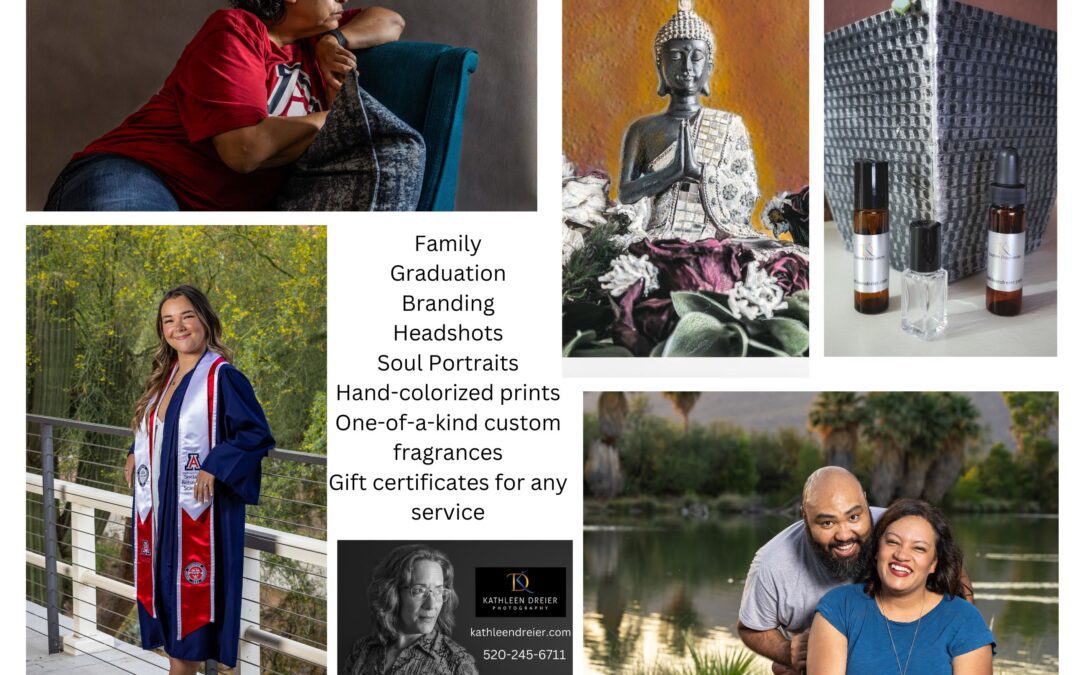
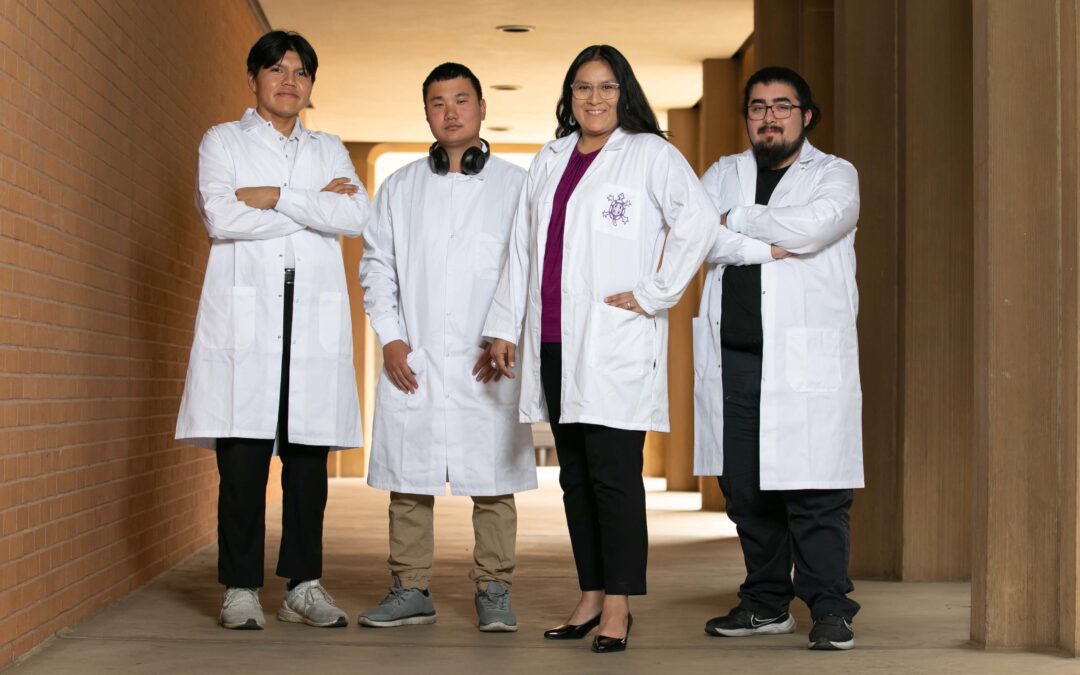
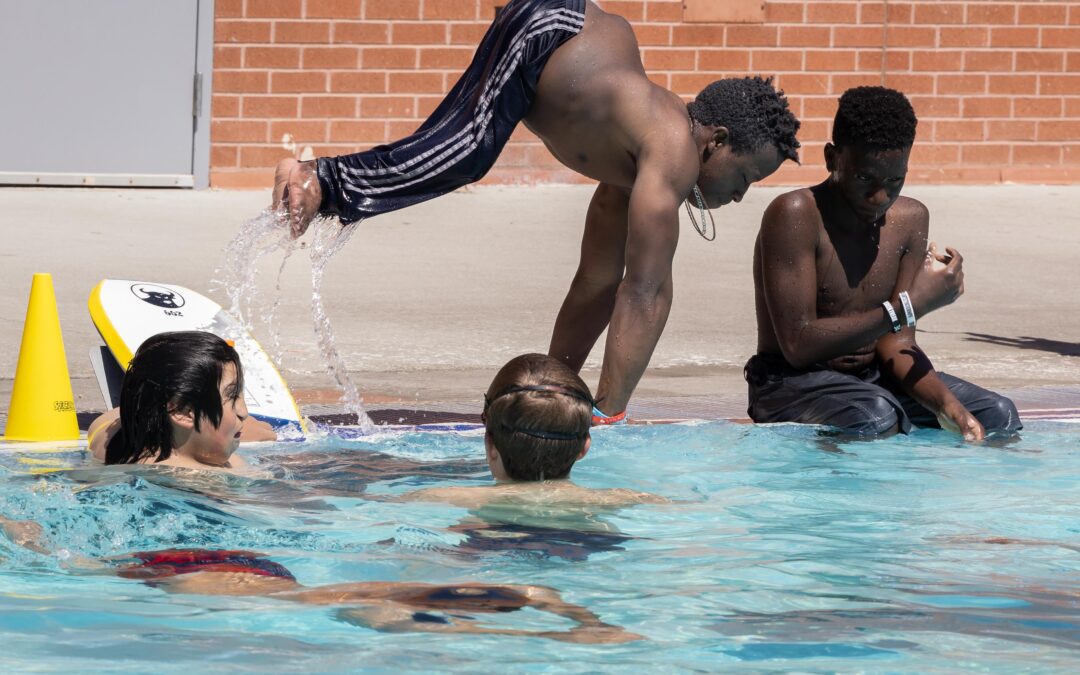
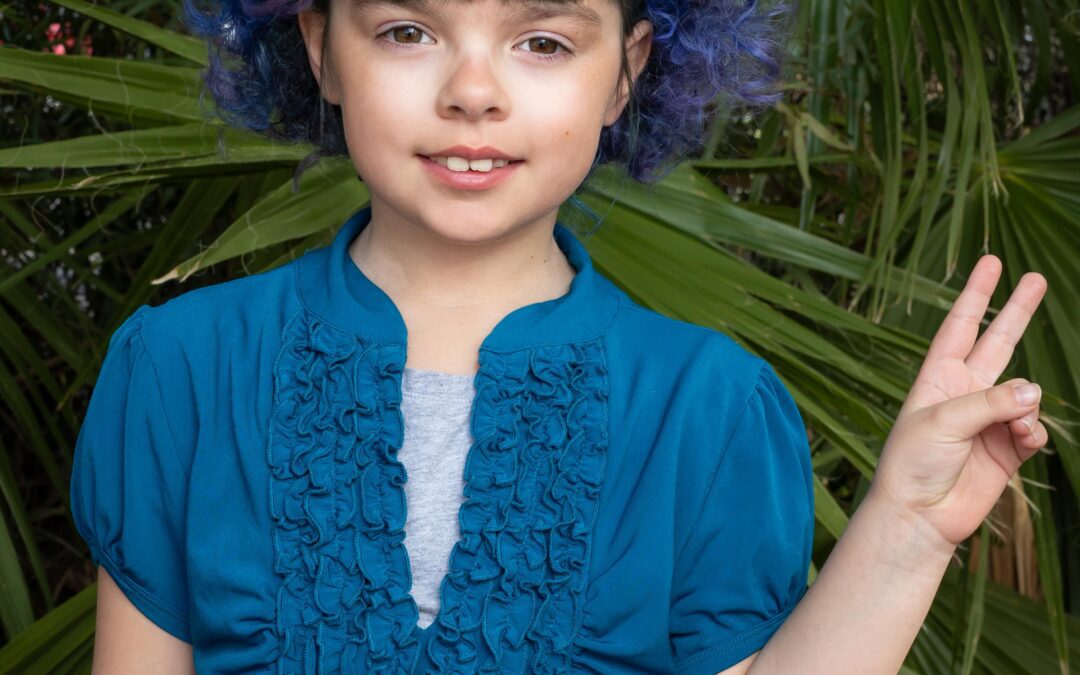
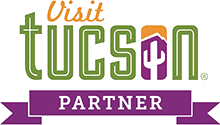



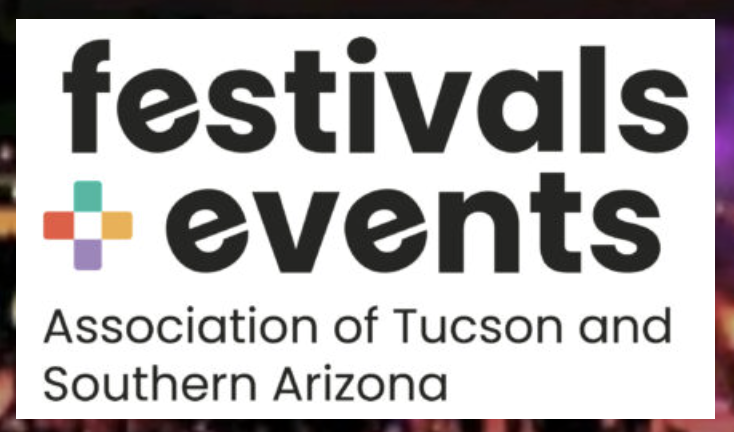
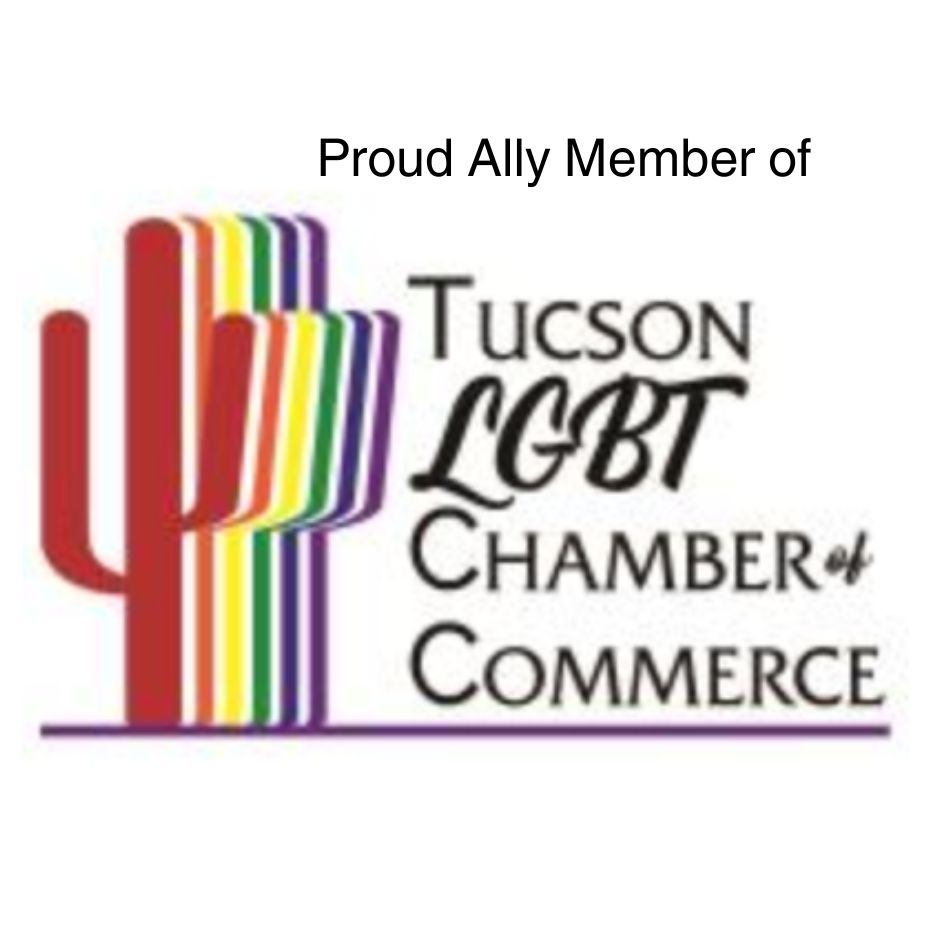
0 Comments